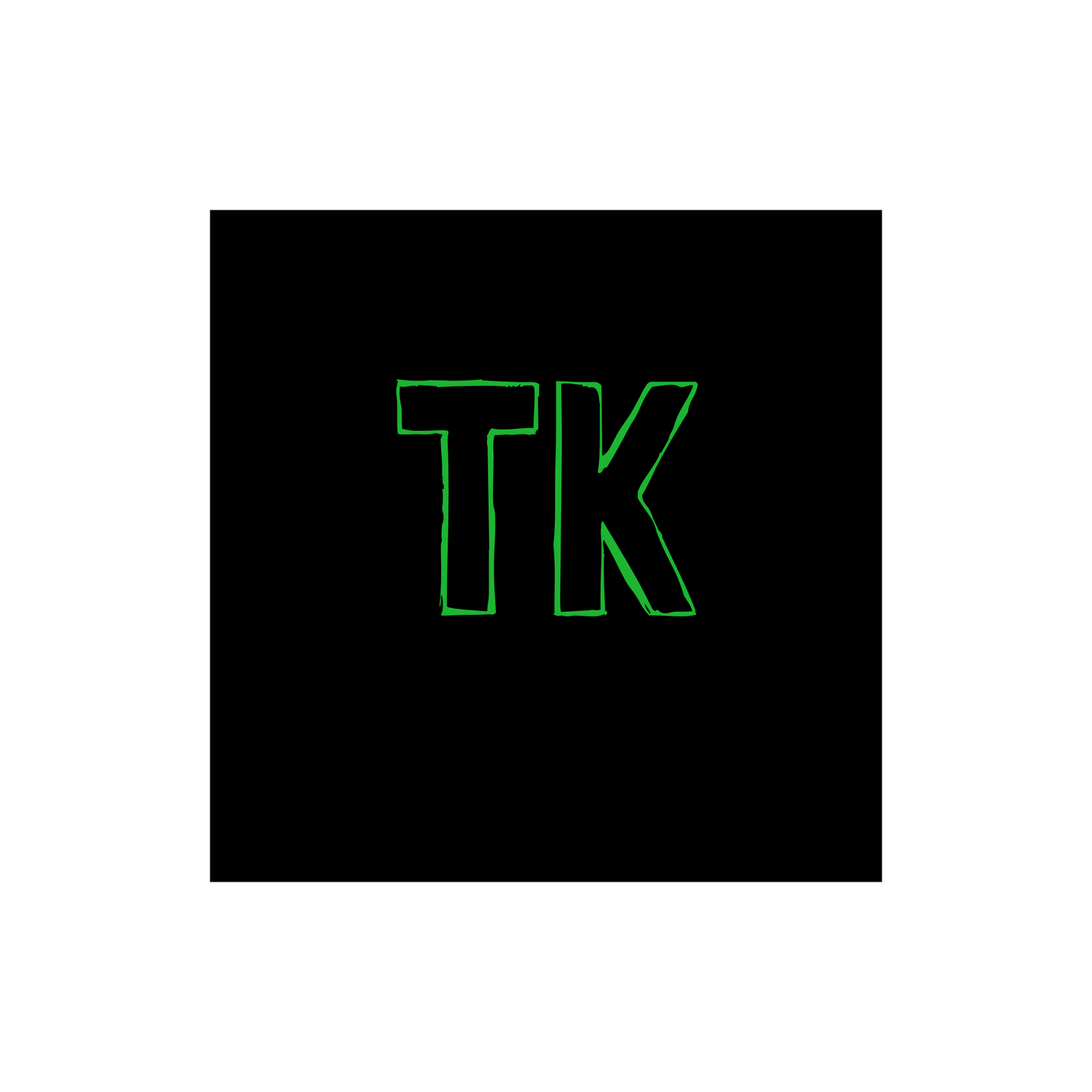Occupational Therapy
Occupational Therapy seeks to build, maintain capacities or minimize decline of your occupations. An occupation is a role you hold and as an OT we then divide the role into all the sub qualities. Our focus is increasing your cognition and motor capacities to enable greater independence in self care and self management domains.
Intervention can look very different depending on the model of intervention an OT is using. At TK we use functional bottom up frameworks which means you will be actively engaged in purposeful tasks. We explain this more in our Blog!
All TK Occupational Therapists are trained in:
Sensory Integration
Neuro Developmental Models of Intervention
Dynamic Informal Assessment
DIR and the application of DIR using DIR Floortime
Synergetic Play Therapy
Self Care Development
Self management development
And extensive cognition and motor frameworks.
Cognition
Transforming Kids Occupational Therapists are trained to complete Dynamic Informal Assessment and intervention on:
Filtering and processing
Perceptual processing such as visual and auditory processing
Praxis
Executive Functioning
Memory
Attention
And provide individual intervention for analytical and gestalt processors.
Motor Development
Transforming Kids Occupational Therapists are trained to assess and provide intervention on the Dynamic Movement system including:
Gross Motor- postural alignment, tone, primative reflexes, balance and coordination.
Oculomotor- eye motor including eye positioning, visual fixation, tracking skills and vergence motions.
In hand motor- joint stability, in hand manipulation and impact on functional actions.
Cognitive Motor- integration of the above with the cognition system to enable visual motor skills such as catching, kicking, climbing, skipping ect.
Self Care
Transforming Kids Occupational Therapists are trained to assess and provide intervention on a range of self care skills. We work directly with the main care givers to develop individual strategies to build and support the skills required to develop independent self care skills.
Many self care skills are inappropriate for 1:1 intervention for example toileting. Clinicians should not be toileting kids and developing toileting requires constant supports throughout the day to build independence in. So instead we work with the child’s main care givers and teachers to develop a toileting plan to build flexible toileting skills.
Self Management
Self management skills includes all the IADLs (instrumental activities of daily living).
This includes many areas such as:
cleaning
cooking
time management
money management
community access skills such as using public transport
developing routines
And many more
-
Yes and No. We do not specifically work on social and emotional skills as we have handed this back to our team of psychotherapists who we have trained in relational models of intervention. We will overlap as in OT we will be developing skills in association, as well as using interactive and interpersonal models to ensure all skills are functional and meaningful.
-
Yes! All TK Clinicians are trained in sensory integration. Sensory integration is the process of sensory data filtering which integrates to enable our skills. So it is super valuable for all clinician's to be trained in SI to enable functional skill acquisition. TK clinicians are trained in all aspects of SI including neurobiology and physics.
-
Timeframes are highly variable. How long a person is in intervention is dependent upon areas of focus and the use of support strategies to enable skills growth across all environments and within varied experience.




